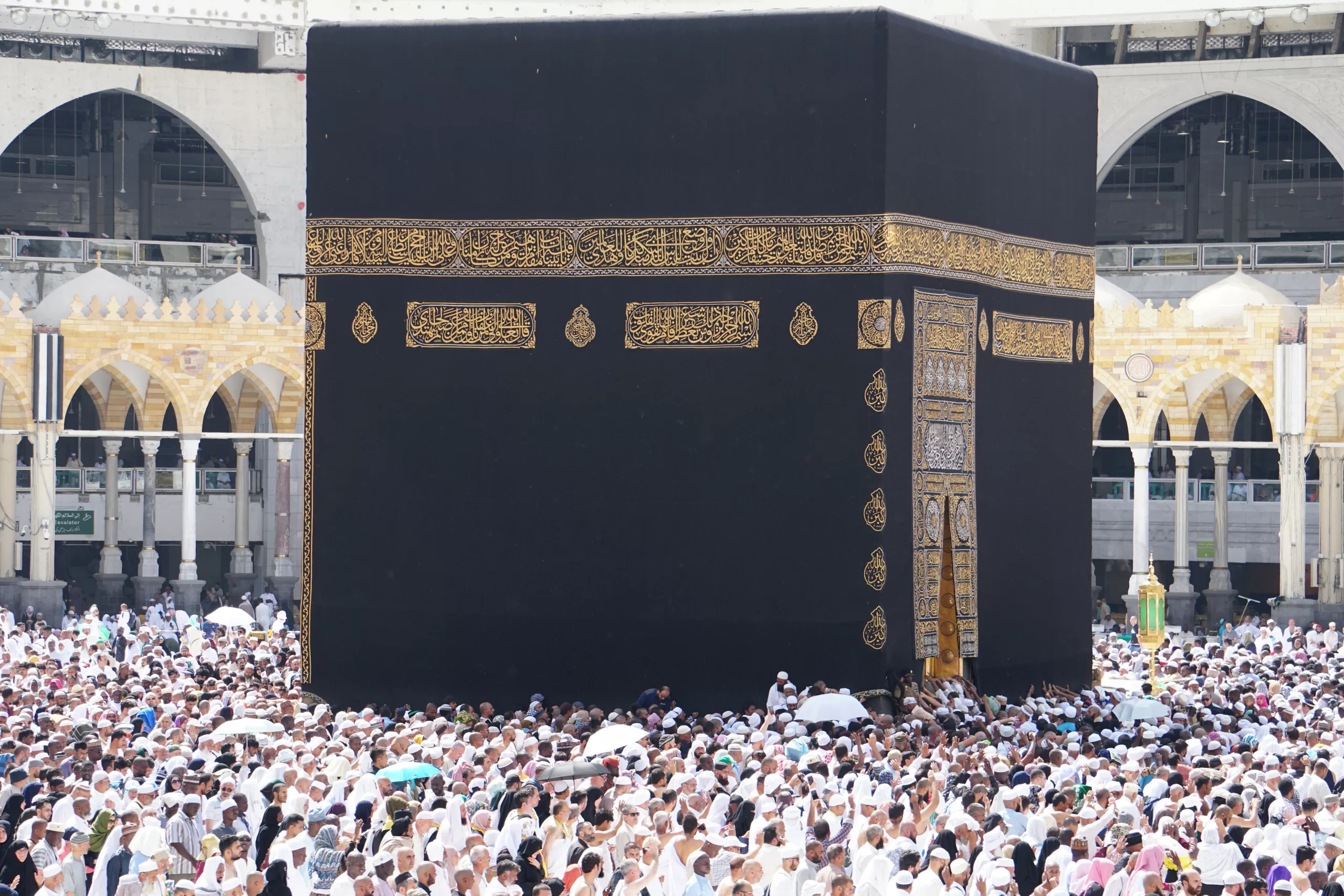The religion of Islam, founded by Prophet Muhammad in the 7th century, has grown to be a major world religion. It was initially carried by Arabs throughout the Middle East and has since gained followers globally, notably in Asia, Africa, Europe, and the United States. Today, the adherents of Islam, known as Muslims, span across continents, cultures, and ethnic groups, creating a truly global community.
Contents
The Meaning of Islam
The term Islam, in Arabic, means a commitment made to God without reservations. The term carries weightier implications than its common translations like “submission,” “surrender,” or “resignation” may suggest. Islam signifies a deep-rooted faith, obedience, and trust in Allah, the one and only God. In the Qur’an, Islam is referred to as “the religion of Abraham,” emphasizing the continuity of monotheistic faith from the patriarch Abraham to the followers of Islam today.
The Life of Muhammad and the Beginning of Islam
Muhammad, born in 570 in Makkah, began receiving divine revelations around 610 that convinced him of his role as God’s messenger. He preached monotheism in polytheistic Mecca, leading to conflict and eventual emigration to Medina in 622, a migration known as the Hijrah, marking the beginning of the Islamic lunar calendar.
Muhammad’s acceptance as a religious and military leader in Medina led to Islam’s spread throughout the region. By the time of his death in 632, Islam had won the allegiance of most Arab tribes.
The Expansion of Islam and the Caliphate
After Muhammad’s death, the caliphate was established, with the Prophet’s father-in-law, Abu Bakr, as the first Caliph. The expansion of the Caliphate under subsequent caliphs, Umar and Uthman, led to the spread of Islam across the Arabian peninsula, North Africa, and parts of Asia. This period also marked the division of the Muslim community into Sunni and Shiite sects, a divide that persists to this day.
The Continued Spread and Influence of Islam
From the 7th to the 10th centuries, Islam spread further, reaching the northwest of Africa, crossing the Strait of Gibraltar into Spain, and reaching the east into India, effectively bordering China. In the 750s, the Abbasids ended Umayyad rule and moved the Caliphate’s capital to Baghdad, ushering in a Golden Age of Islamic learning and philosophical thought.
Islam found its way into Southeast Asia in the 13th century, where it gradually spread throughout the Indonesian archipelago. Today, Indonesia and Malaysia have the largest population of Muslims in the world. Similarly, Islam found roots in West Africa through trade, royal courts, and the spread of Sufi orders from the 10th to the 16th centuries.
The Five Pillars of Islam: Faith and Practice
The five pillars of Islam are the basic duties of a Muslim: shahada (profession of faith), salat (ritual prayer five times a day), zakat (almsgiving), sawm (fasting during Ramadan), and hajj (pilgrimage to Mecca). These pillars represent the unity of faith and action in Islam, showing how individual commitment to God is combined with a sense of community and care for the less fortunate.
The Universality of Islam
Islam is an inclusivist religion, acknowledging that God has sent messengers to all peoples and recognizing a special link between Muslims, Jews, and Christians as descendants of Abraham. The Qur’an mentions numerous “Muslims before Muhammad,” including Abraham, Solomon, and the disciples of Jesus, suggesting that the essence of Islam—submission to the one God—has always been a part of human religious history.
Islam Today
As of the early 21st century, the world Muslim population is estimated to be between 750 million and 1.2 billion, making Islam one of the largest religions in the world. Despite the variations in practice and interpretation across cultures and societies, the core principles of faith, obedience, and trust in Allah remain constant.
Today, Islam continues to play a significant role in many regions of the world, influencing social norms, legal systems, and cultural practices. Its rich history and enduring tenets continue to guide the lives of Muslims worldwide.
